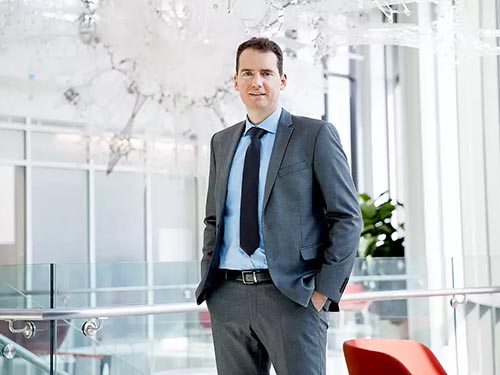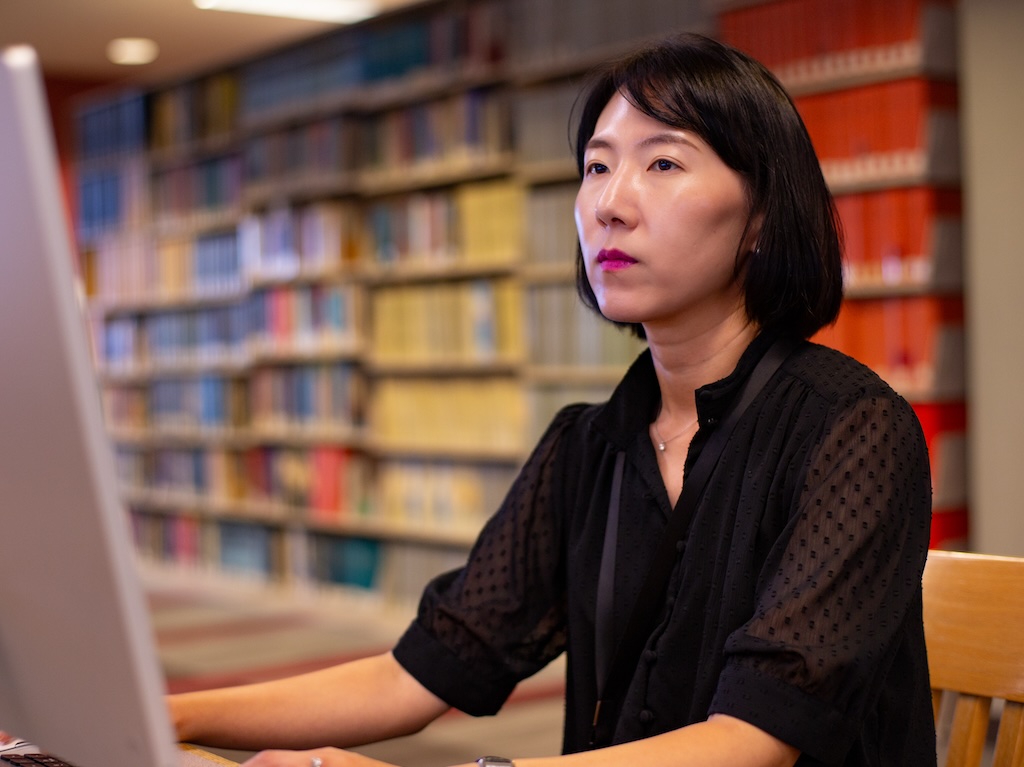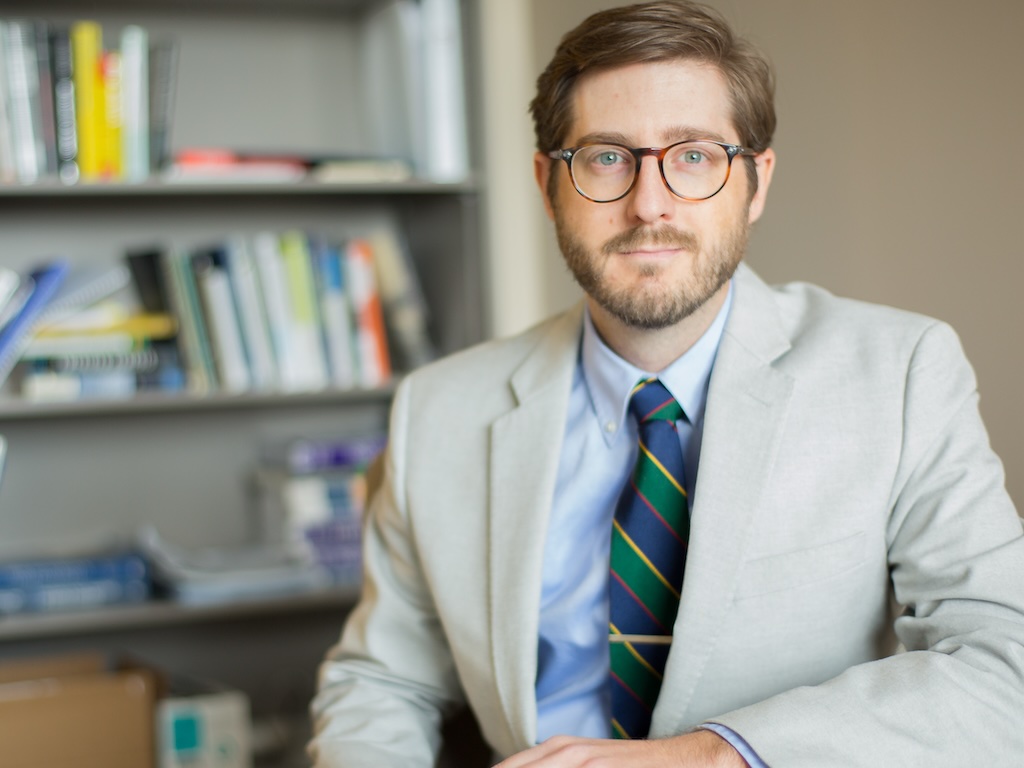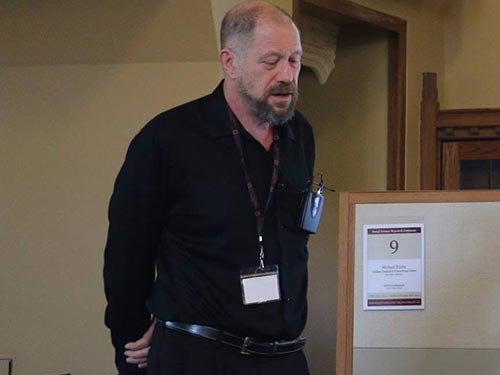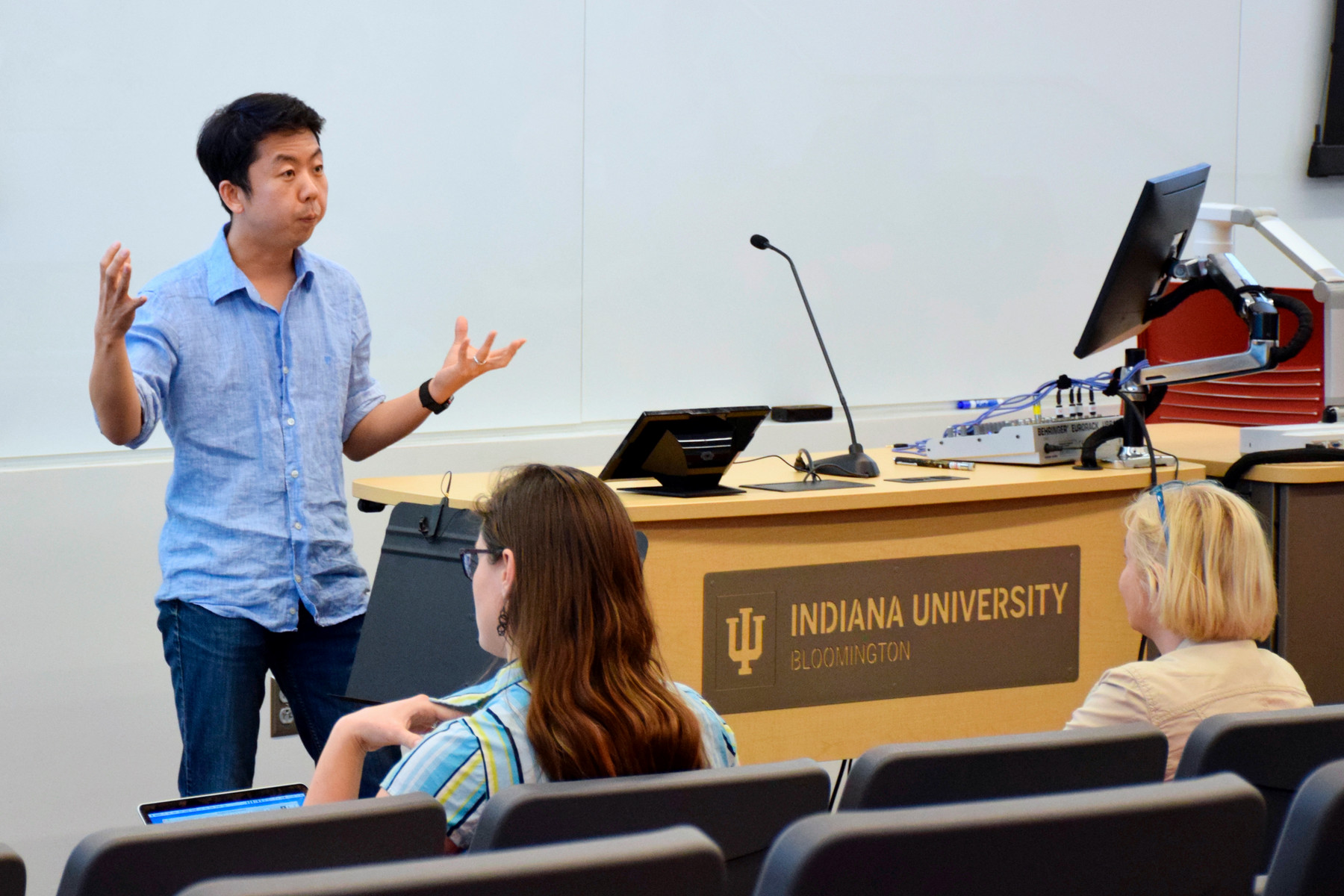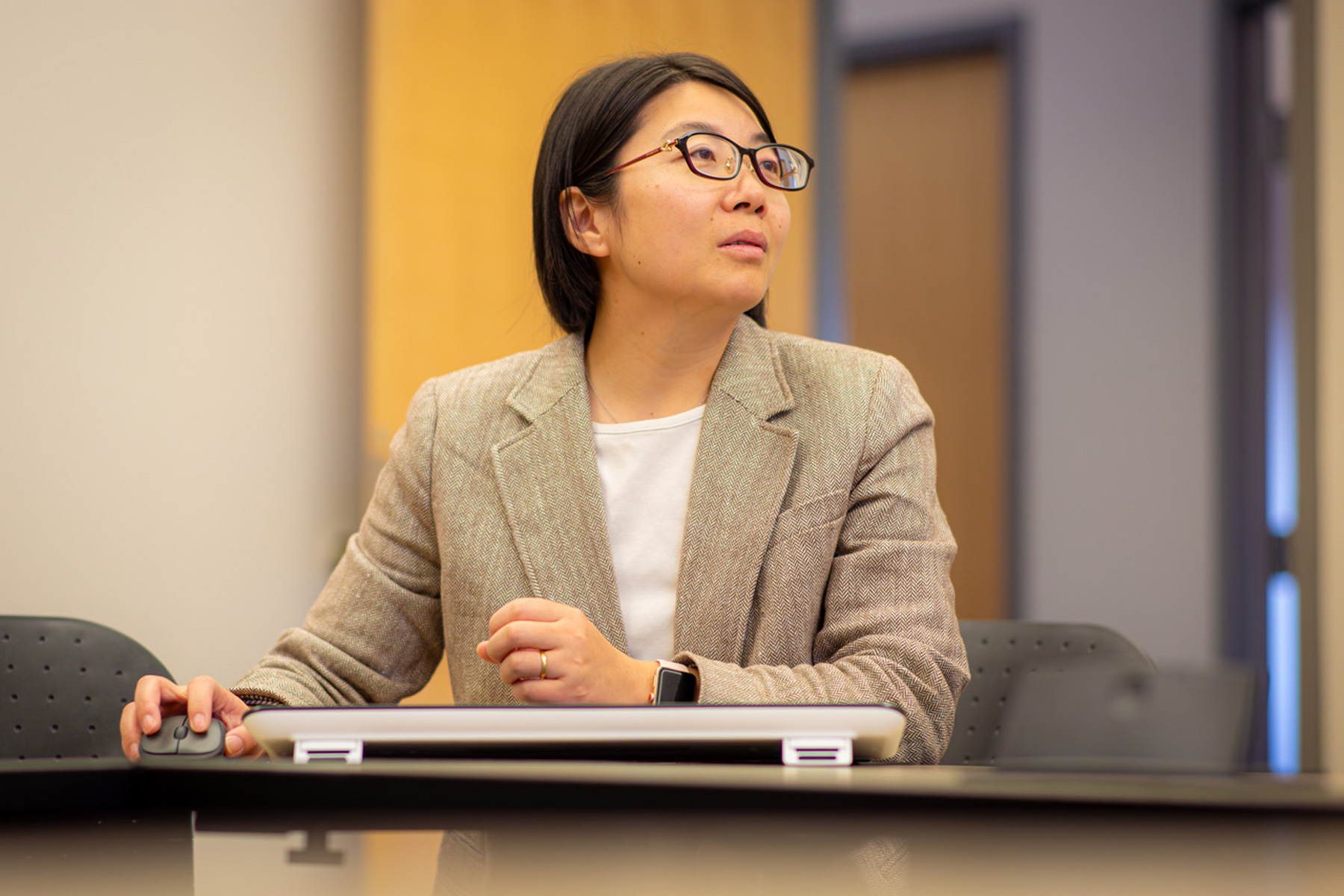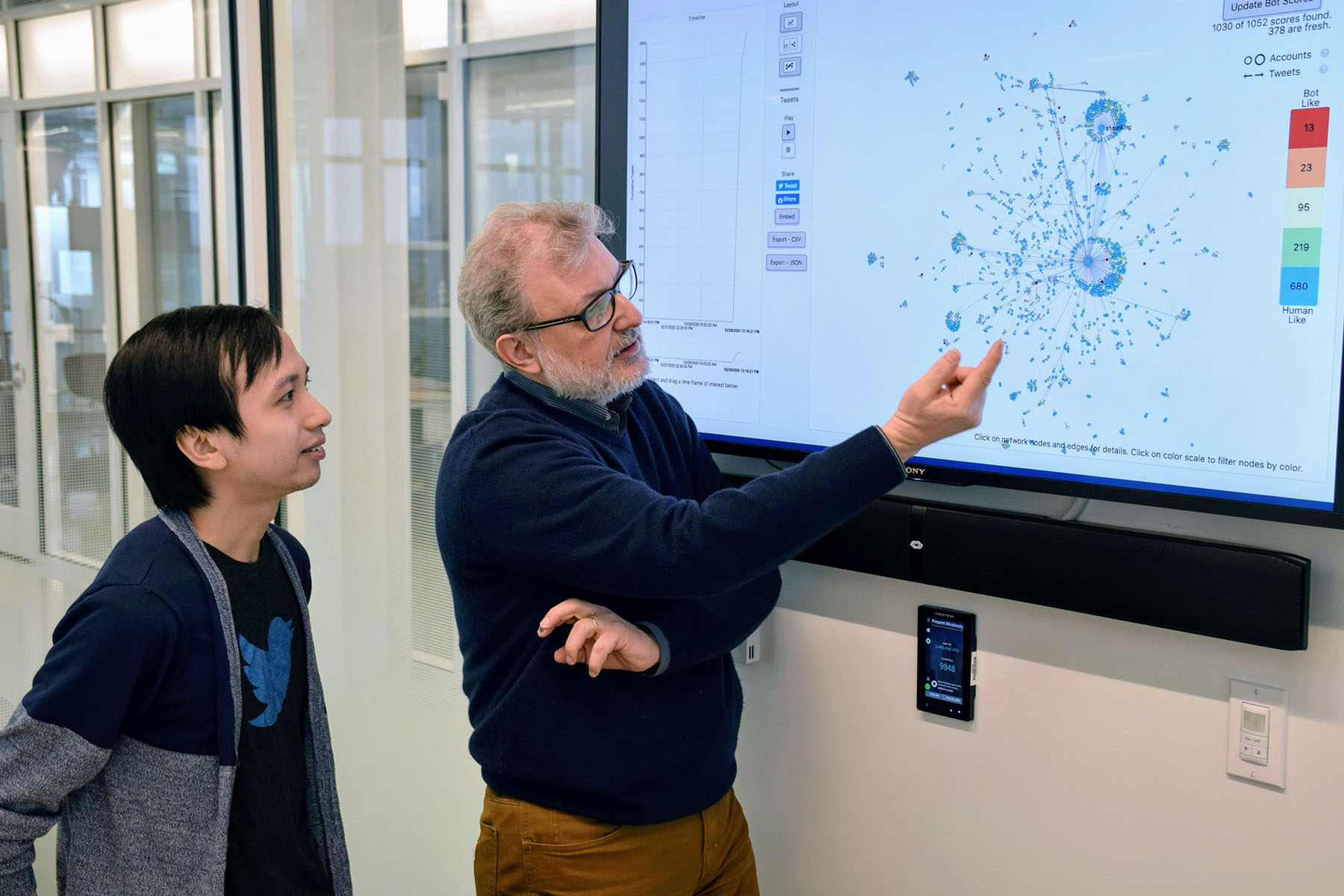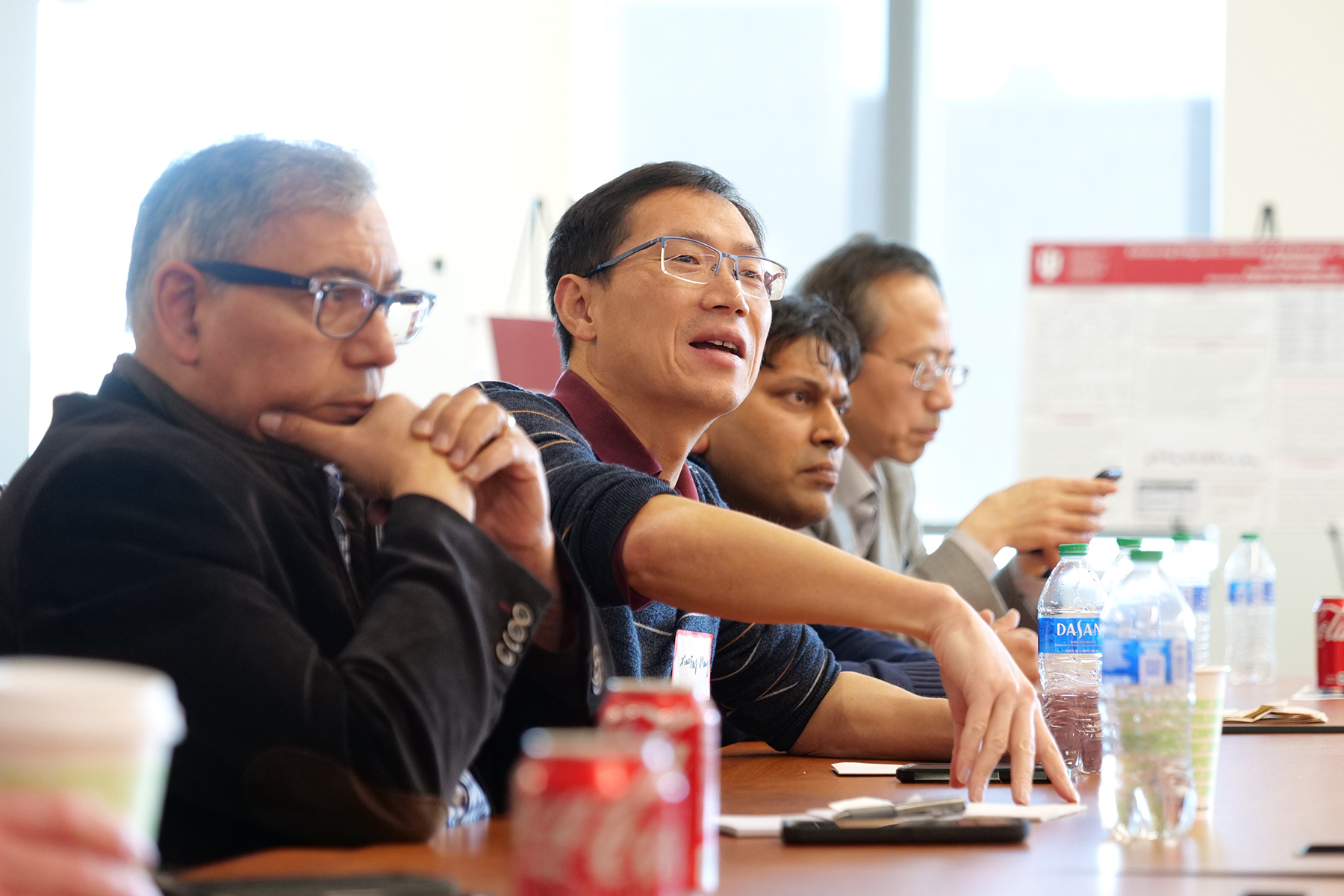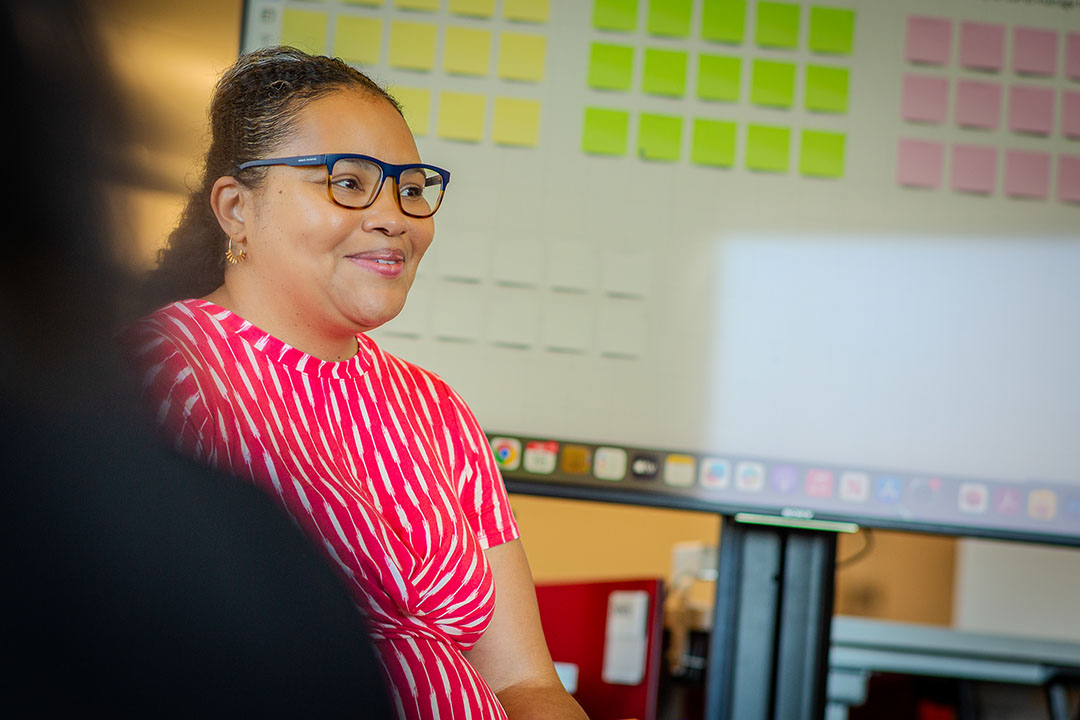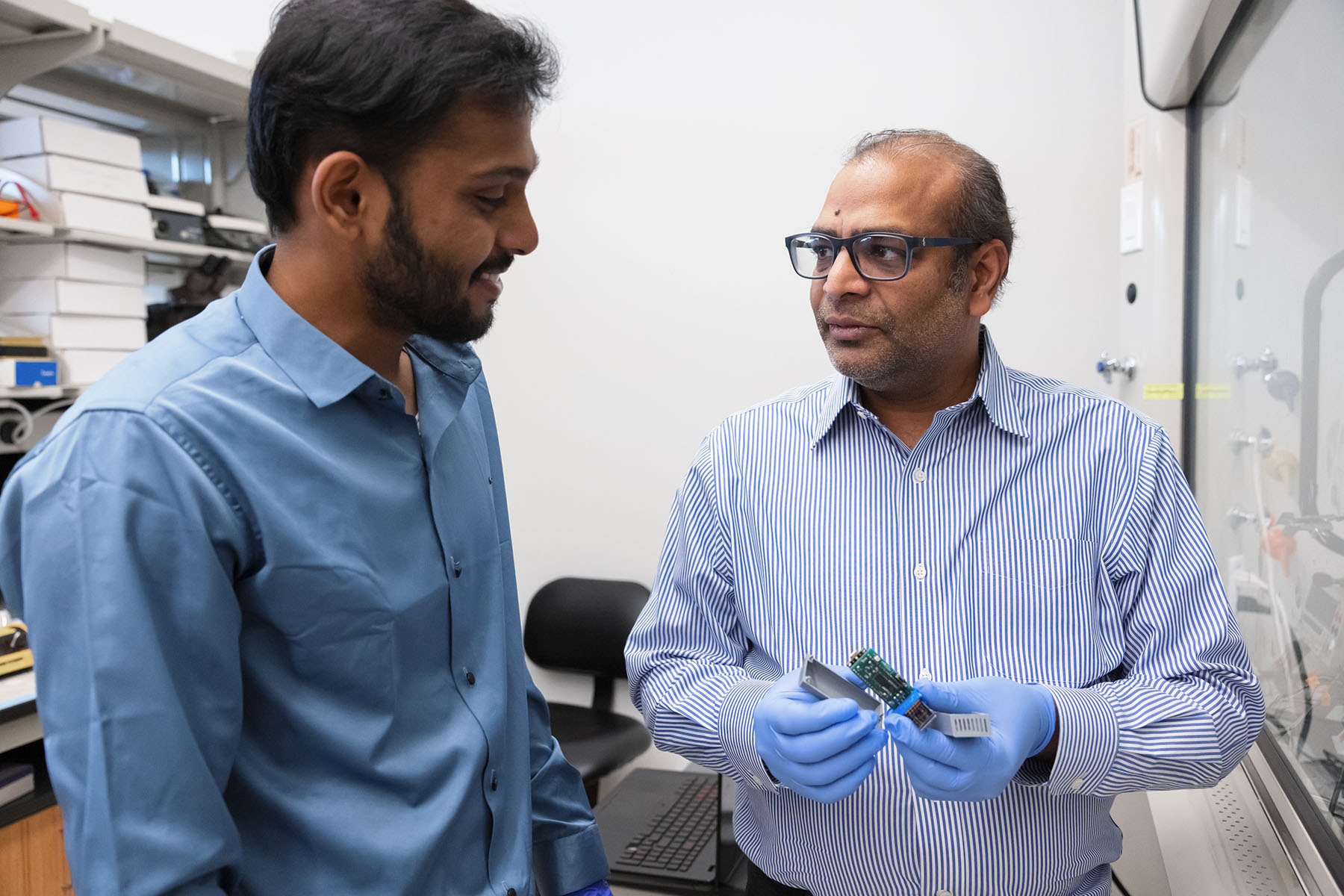We create tomorrow
Innovation is needed to confront countless challenges facing society today. Deadly diseases. Malicious misinformation. Luddy is at the forefront of much of this innovation.
We incorporate the wide-ranging potential of computing, informatics, engineering, and technology to propel education and research forward. We teach students the impact of innovation and how to make a difference. In the process, we're enhancing the well-being of humanity.


